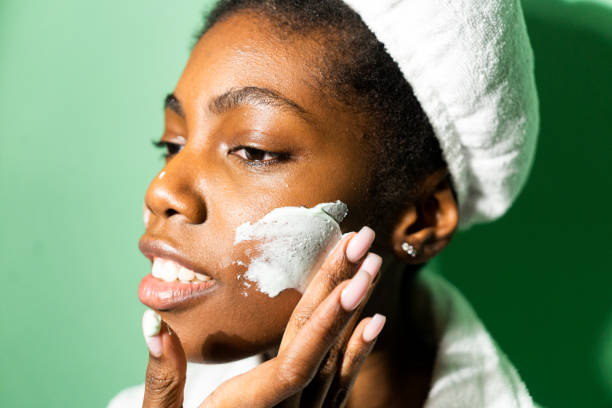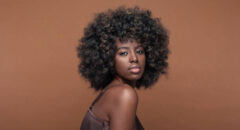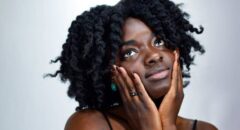
The American Academy of Dermatology has reported that there is a constant flow of harmful skincare trends being spread on social media today.
Dermatologists, who have passed the board exam, are drawing attention to five harmful habits that you may encounter when browsing social media.
Performing Cosmetic Treatments At Home
Watch as people film themselves at home undergoing hair removal procedures, including microneedling, filler injections, and lasers.
Dermatologist Dr. Sara Moghaddam of Selbyville, Delaware, who is board-certified, expressed her deep worry about the matter. “Inappropriate procedures and the risk of infections make at-home microneedling, often called derma-rolling, a risky practice.”
According to Dr. Oyetewa Oyerinde of Baylor College of Medicine in Houston, an assistant professor of dermatology and director of the Skin of Color Clinic, Cosmetic procedures may seem completely innocuous on social media.
“People who video their whole experience doing a cosmetic operation on TikTok or on Instagram will be visible to my patients,” Oyerinde adds. “You have no clue whether they ended up in the emergency department afterward because of a poor reaction,” I remind them, “even if their initial response seems excellent to you—and they may be employing filters and other things to make it look nice.”
RELATED: Best Facial Cleansers For Black Skin
Trying Nasal Tanning Spray
According to Dr. Lindsey Zubritsky, a board-certified dermatologist in Ocean Springs, Mississippi, although applying self-tanner to the skin is a perfectly safe approach to getting a beautiful glow, the latest craze—nasal tanning spray—is completely unsafe.
According to Zubritsky, those who use nasal tanning spray inhale it before going outside without sun protection. It raises the danger of skin cancer and accelerates skin aging, just like any other kind of sun exposure.
Afamelanotide and bremelanotide, sometimes known as Melanotan I and II, are the primary ingredients in nasal tanning spray. Zubritsky went on to say that these ingredients are unsafe.
U.S. Food and Drug Administration approval and regulation of Melanotan are not in place, and the sale of the drug is unlawful in several nations, including the U.S., according to Zubritsky.
Using Hot Peppers For Fuller Lips
According to Oyerinde, social media influencers have created the illusion of larger lips by utilizing spicy peppers in their cupboards.
Oyerinde says that she has seen individuals using peppers such as Scotch bonnet or habañero to make their lips seem larger temporarily. “That might be really harmful because it can trigger rashes that produce allergic contact dermatitis, which is a kind of eczema and can create unsightly, black patches around the lips and around the mouth.”
Dermal fillers administered by dermatologists, she says, are far less risky.
Taking Supplements Randomly
Dr. Rajani Katta, a clinical assistant professor at Baylor, notes that another worrisome practice is a large number of people taking supplements online without first seeing their doctor.
Supplements marketed for the skin, hair, and nails include ingredients that have been associated with birth abnormalities, an increased risk of cancer, and adverse effects, including acne and hair loss, according to Katta.
Skipping The Sunscreen
Despite what experts say should be obvious, people on social media are arguing over whether or not to apply sunscreen.
Zubritsky expresses her worry about the increasing anti-sunscreen trend on social media. “A large portion of the internet is expressing concern about sunscreen, with many asserting that it causes cancer or contains substances known to cause cancer.”
Scientific evidence does not support anti-sunscreen arguments, according to Zubritsky. No sunscreen chemical on the market in the U.S. is known to be toxic to humans, according to the latest scientific research.








